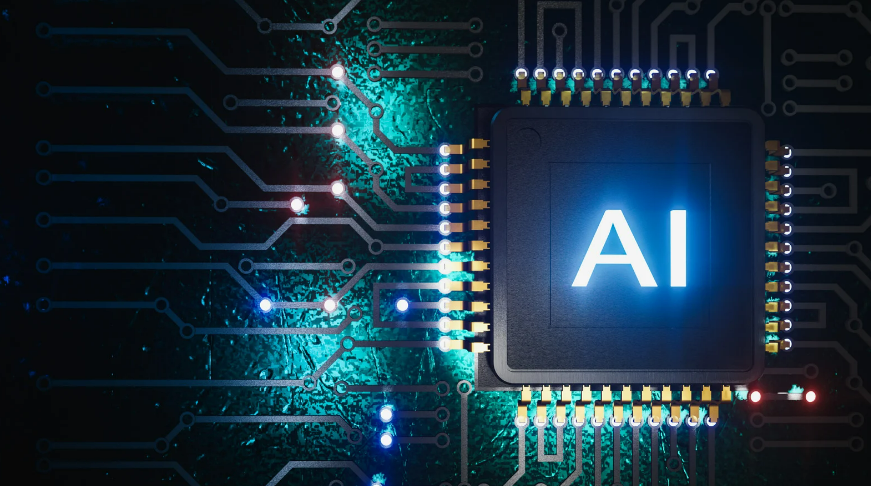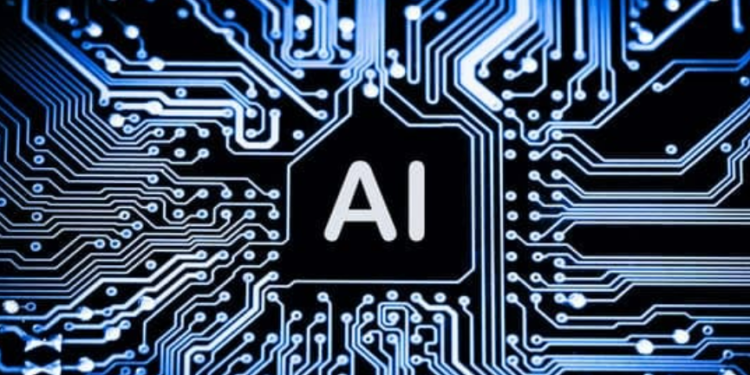Artificial Intelligence (AI) has changed many aspects of our daily lives, and photo editing is no exception. From enhancing selfies to creating realistic artwork, AI-powered tools have made high-quality image editing accessible to everyone. However, with great power comes great responsibility, and the ethics of AI in photo editing is a topic that demands careful consideration. An AI image maker raises important ethical questions about authenticity and originality in photo editing, prompting discussions on its responsible use in creative industries.
The Promise of AI in Photo Editing
AI technology has made photo editing more efficient and sophisticated than ever before. Tools like Adobe Photoshop’s AI-based features and mobile apps such as FaceTune and Prisma allow users to enhance their images with a few clicks. These tools use machine learning algorithms to automatically adjust lighting, remove blemishes, and even change backgrounds, making professional-grade editing accessible to amateurs and professionals alike.
AI-driven software gets rid of backgrounds in a fraction of the time it takes traditional methods. Users can easily erase backgrounds with AI, achieving professional-looking results without extensive graphic design skills. This efficiency benefits marketers and content creators who rely on high-quality visuals to capture audience attention.
Benefits of AI in Photo Editing
AI Image Generator tools have expanded creative possibilities, allowing users to craft entirely new visuals from text prompts. However, their use underscores the importance of ethical practices to prevent misuse, such as generating misleading or non-consensual images.
-
Accessibility
AI has democratised photo editing, enabling anyone with a smartphone to create stunning images without extensive training.
-
Efficiency
AI tools can perform complex edits in seconds, saving time for photographers and designers.
-
Creativity
AI can generate new artistic styles and effects, inspiring creativity and innovation.
Despite these advantages, using AI in photo editing raises several ethical concerns that need to be addressed.
Ethical Concerns in AI Photo Editing
Manipulation and Deception
One of the most significant ethical issues with AI in photo editing is the potential for manipulation and deception. AI can create highly realistic fake images, known as deepfakes, which can be used to spread misinformation or deceive viewers. This is particularly concerning in contexts such as journalism, where the authenticity of images is crucial.
Privacy and Consent
Another critical concern is privacy and consent. AI photo editing tools can create or alter images without the subject’s permission, leading to potential privacy violations. For example, the controversial application of AI in generating AI deepnudes raises serious ethical questions about consent and the exploitation of individuals without their knowledge.
Impact on Society and Self-Image
AI-enhanced images often depict unrealistic standards of beauty, which can impact self-image and societal expectations.

The ability to effortlessly remove imperfections or alter body shapes can contribute to unrealistic beauty standards, potentially leading to negative psychological effects, especially among impressionable individuals.
Accountability and Transparency
Another ethical concern is the opacity of AI algorithms. Users often do not understand how AI tools work or the data they rely on, leading to a lack of accountability and transparency. This can result in biased outcomes, where certain groups are unfairly represented or stereotyped based on the training data used by the AI.
Promoting Ethical Use
To navigate the ethical landscape of AI in photo editing, it is essential to promote ethical use through education and awareness. Users should be informed about AI tools’ potential risks and ethical implications and encouraged to use them responsibly.
Implementing Guidelines and Regulations
Governments and industry bodies should implement guidelines and regulations to govern the use of AI in photo editing.

These regulations should address issues such as consent, privacy, and image authenticity to protect individuals and society from harm.
Encouraging Transparency and Accountability
AI developers and companies should strive for greater transparency and accountability in their tools. This includes providing clear information about how their AI algorithms work, the data they use, and the potential biases that may arise. By doing so, they can build trust with users and ensure that their tools are used ethically.
Fostering Ethical AI Development
Finally, fostering ethical AI development is crucial. This involves creating AI tools that prioritise ethical considerations from the outset, such as ensuring fairness, avoiding biases, and protecting user privacy. Collaboration between technologists, ethicists, and policymakers can help achieve this goal.
AI in photo editing offers incredible potential for creativity and efficiency but presents significant ethical challenges. By understanding these issues and promoting responsible use, we can harness AI’s benefits while mitigating its risks. As AI technology continues to evolve, ongoing dialogue and collaboration will be essential to ensure that its application in photo editing aligns with our ethical values and societal norms.



























































